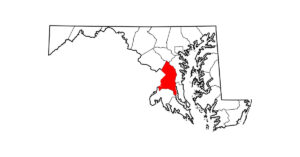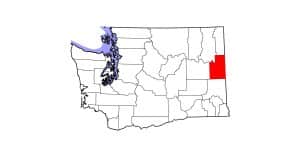Goehring Named as OIE Reference Laboratories Expert in EHV-1

Lutz Goehring, PhD, Warren Wright, Sr. – Lucille Wright Markey Endowed Chair in Equine Infectious Diseases at the University of Kentucky’s Gluck Equine Research Center, in Lexington, will replace Peter Timoney, MVB, PhD, FRCVS, recently retired professor and Frederick Van Lennep Chair in Equine Veterinary Science at the Gluck Center, as OIE Reference Laboratories expert for equine rhinopneumonitis (EHV-1), an official communication from the OIE has reported.
On its website the organization says the need to fight animal diseases at a global level led to the creation of the Office International des Epizooties (OIE) through the international agreement signed on Jan. 25, 1924. In May 2003 the office became the World Organization for Animal Health but kept its historical acronym.
The OIE is the intergovernmental organization responsible for improving animal health worldwide. It is recognized as a reference organization by the World Trade Organization (WTO) and has a total of 182 member countries. The OIE maintains permanent relations with nearly 75 other international and regional organizations and has regional and subregional offices on every continent.
One of OIE’s missions is to ensure transparency in and enhance knowledge of the worldwide animal health situation. Among the formal obligations of OIE member countries is the submission of information on the relevant animal disease situation—including on zoonoses present in their territory—in the most timely and transparent way. A single OIE list of notifiable terrestrial and aquatic animal diseases has been established for this purpose. Since 2005, to accomplish its mandate, the OIE created and managed the World Animal Health Information System (WAHIS), which was coupled with WAHIS interface, providing information on 117 listed diseases for 2021.
Editor’s note: This is an excerpt from the University of Kentucky’s Equine Science Review, Issue 22, published on April 1, 2022. It was written by Holly Wiemers, MA, APR, who is communications and managing director for UK Ag Equine Programs.
Written by:
University of Kentucky College of Agriculture, Food, and Environment
Related Articles
Stay on top of the most recent Horse Health news with












